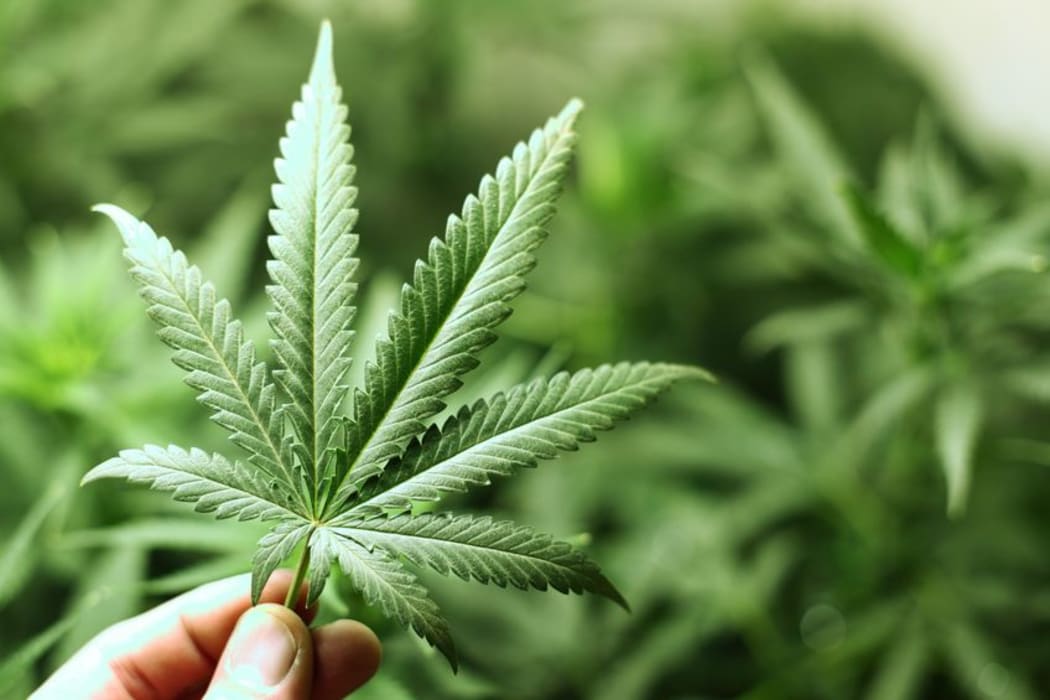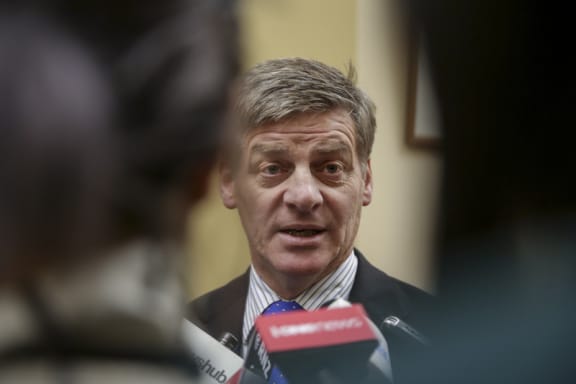The government could generate $150 million annually by taxing cannabis, rather than spending $400m a year enforcing drug prohibition, a Treasury note says.

Legalising and taxing cannabis could generate $150 million annually, a Treasury document states. Photo: 123RF
An Official Information Act request by Nelson lawyer Sue Grey turned up the Drug Classification note, part of an internal Treasury forum from 2013.
The previously unreleased document said studies showed alcohol and tobacco caused far more harm than cannabis; that there was no evidence it was a gateway drug, and that Māori "take the brunt of current policies" - making up 14.5 percent of the population, but receiving 43 percent of cannabis convictions.
Finance Minister Bill English, who Ms Grey's information request was directed to, said the document was not an official Treasury recommendation or advice.
"It was a document prepared by a single staff member for an internal forum and did not come to me,” Mr English said.

Finance Minister Bill English. Photo: RNZ / Rebekah Parsons-King
Ms Grey told Nine to Noon the government could save a huge amount of money and resources by decriminalising or legalising cannabis.
"What is really interesting about this document is that they tend to say that cannabis has got this huge cost for society.
"But when you look at the Treasury information, and whether it is opinion or not it is still based on data that Treasury has got access to, that the cost is really a cost of the law and current government policy.
"It's nothing actually to do with the cannabis at all, it is not the cost of people getting ill or having side effects, it's all about the cost of enforcing the law."
She said the paper noted that 95 percent of cannabis users brought to police attention continued to use it, whether they were prosecuted or not.
Ms Grey said irrespective of whether the note was official advice or not, it showed Treasury had information that cannabis policy cost New Zealand.
"With information comes responsibility.
"If they've got policies that (are) costing New Zealand a lot of money, and there's sensible, logical ways of reforming those policies that are consistent with best international practice, then surely it should be a wider issue for Treasury to be looking at and for the Minister to be looking at."
The Treasury note pointed to counties such as Denmark, Germany, Portugal, parts of Australia, and the United States that have all decriminalised possession of cannabis to varying degree and have had "positive" experience "and don't seem to have an increase in drug use".
The document concluded by saying drug reform "isn't a particularly radical idea these days".
"It's supported by The Economist and the Global Commission on Drug Policy, as well as reports by our Health Select Committee and the Law Commission."
The Drug Foundation said the millions spent on law enforcement would be better spent on drug prevention, education and treatment.
Its executive director Ross Bell said the document aligns with an earlier review done by the Law Commission.
"Sadly politicians misread the public mood and they think that it's too scary to look at alternatives to this status quo approach.
"I think government has the responsibility to do something with this analysis. If the advice is 'do something different, look at the alternatives', then they should be doing that, they shouldn't be running scared," Mr Bell said.
He said the analysis showed the current system was not only expensive, but it did not do what it was designed to do, which was reduce drug use.
"Whether you are coming at this from a health perspective or an economic perspective, the status quo approach to drugs isn't working. It doesn't stack up," Mr Bell said.

